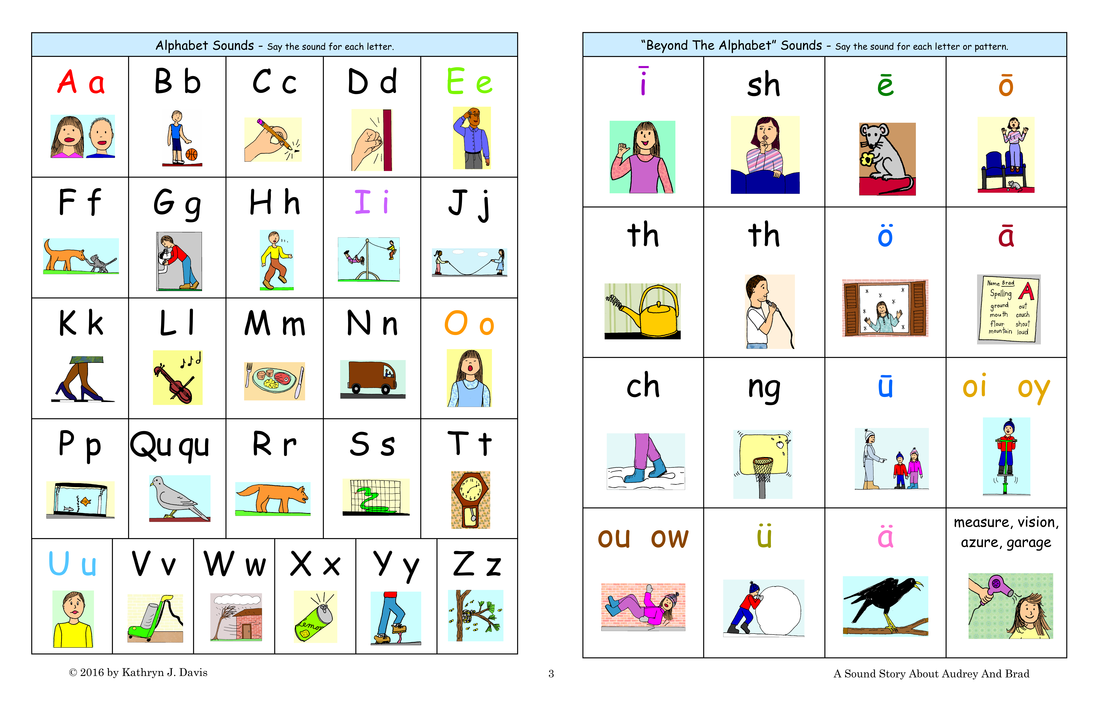
(Edward Carney, A Survey of English Spelling. , which dispenses with any letters considered to be redundant."

The criterion of economic cost, which was Shaw's main argument for his experimental alphabet, underpins the system of 'Cut Spelling' proposed by Upward. The new alphabet could have been contrived by augmenting the 26 letters of the Roman alphabet with extra letters or accents, but Shaw took the extreme option of commissioning a completely new set of 40 letter shapes in which, to a limited extent, phonetically similar sounds had a similar form. This was based on the strict alphabetic principle of one consistent symbol per phoneme. The most extreme proposal was undoubtedly the Shaw alphabet, subsidized by the estate of George Bernard Shaw. "A wide range of spelling reform schemes have competed, with little tangible success, for public approval. Why should spelling not be open to reform in the same way as currency, weights and measures and other institutions of society? The main argument for reform is self-evidently valid: that the removal of irregularities in our present writing system would make for greater and easier literacy. "ince the middle of the century, there has been a long succession of individual scholars, writers and even politicians with strong views on spelling reform and offering a wide spectrum of proposals for change. (Kristin Denham and Anne Lobeck, Linguistics for Everyone: An Introduction.

Though these suggestions obviously didn't take hold, many of Webster's American English spellings did: colour - color, honour - honor, defence - defense, draught - draft, and plough - plow, to name a few." So, give would be giv, built would be bilt, speak would be speek, and key would be kee.



 0 kommentar(er)
0 kommentar(er)
